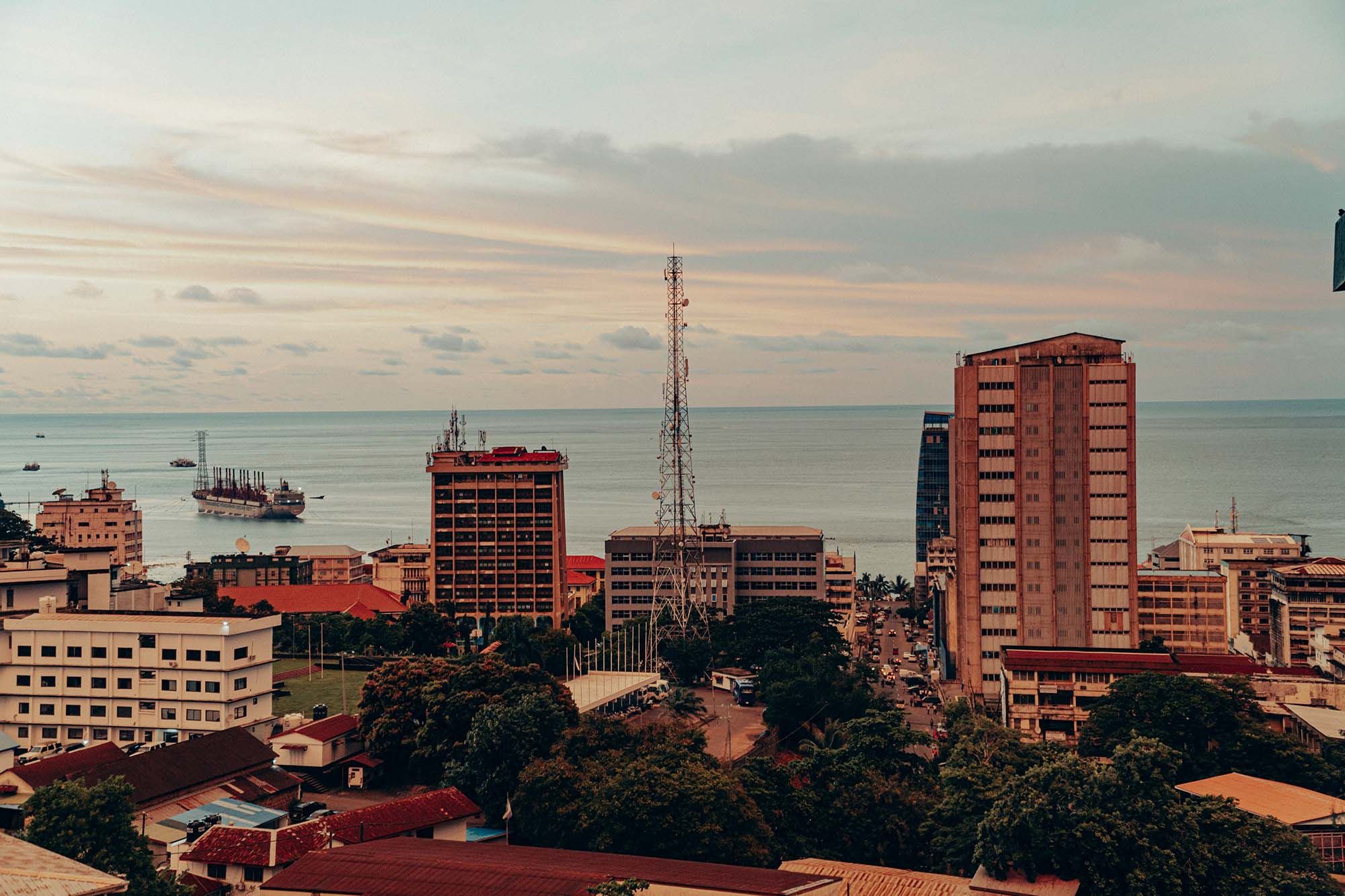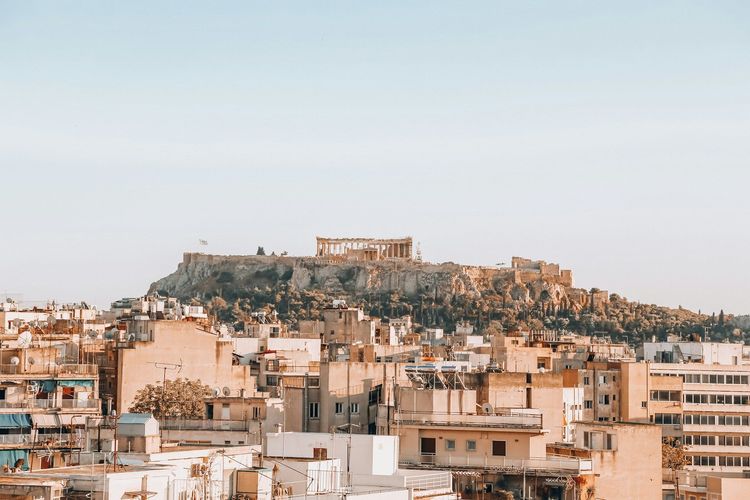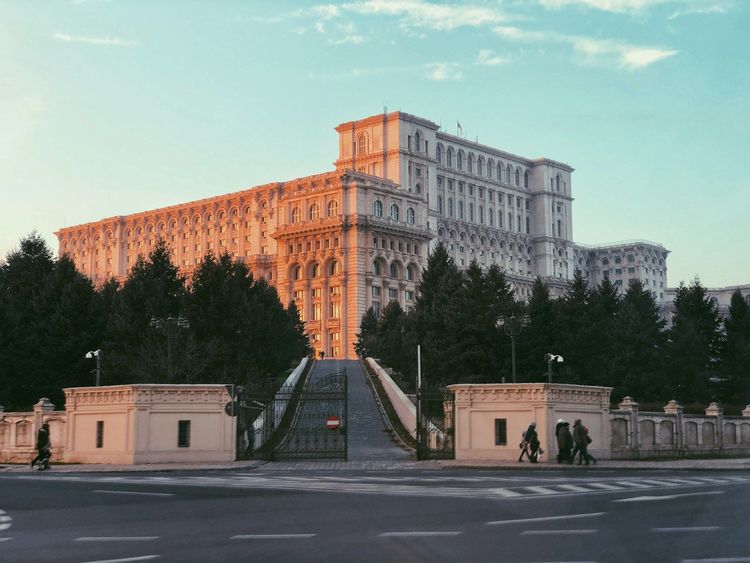Sierra Leone, a country on the western coast of the African continent bordered by the Atlantic Ocean, has long been associated with blood diamonds and a devastating civil war. Today, years after restoring peace, it seeks to reinvent itself as a place with unique potential yet significant challenges. For those considering relocation, starting a business, or investing, understanding the actual conditions regarding taxation, living standards, and business environment is critical. This guide offers a balanced perspective on modern Sierra Leone.
Geography and Country Overview
Sierra Leone shares borders with Guinea to the north and northeast, and Liberia to the southeast. Its coastline boasts some of West Africa's most beautiful beaches. The capital and largest city is Freetown, founded as a home for freed African slaves. The country possesses substantial natural resources including diamonds, rutile (titanium ore), bauxite, gold, iron ore, and holds great potential for fishing and agriculture. The population is approximately 8.5 million people and is ethnically and culturally diverse. The official language is English, but local languages like Krio (English-based creole), Mende, Temne, and others are widely spoken. Sierra Leone is a presidential republic. Despite resource wealth, it remains one of the world's poorest nations, grappling with the aftermath of civil war (1991-2002), the Ebola epidemic (2014-2016), and chronic governance issues. Economic and infrastructure recovery is a government priority.
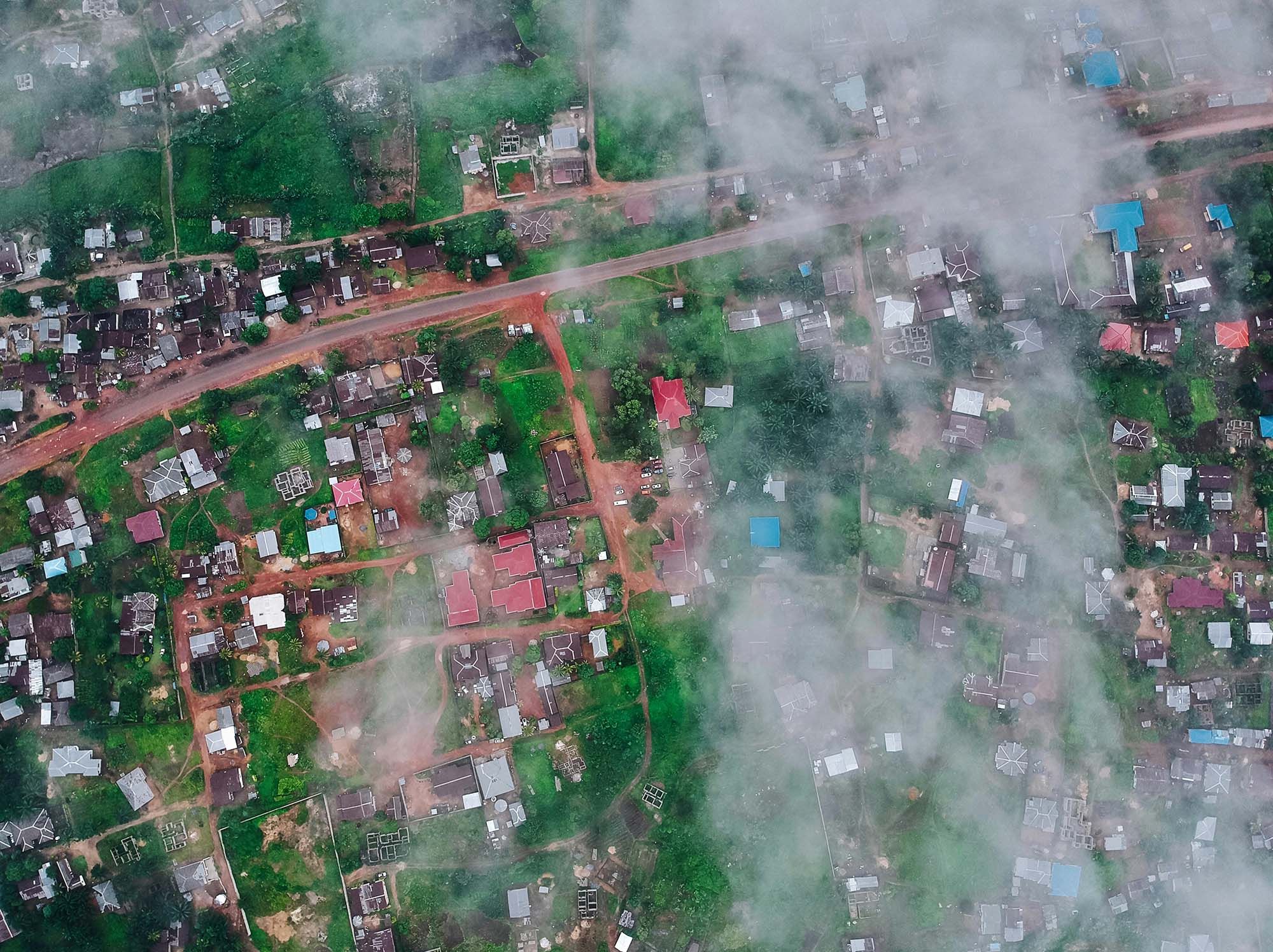
Living Standards: Housing, Healthcare, Safety
Living standards in Sierra Leone vary by region and socioeconomic status. Local populations face economic hardships, while expats and foreign businesspeople may find more comfortable conditions, though adaptation to local realities is necessary.
Housing
Freetown: Quality rental options for expats are available in safe neighborhoods (Hill Station, Lumley, Aberdeen). Furnished apartments with air conditioning and backup power cost $800 to $2,500+ monthly. Guarded houses offer enhanced security at higher prices. Housing options are limited in other cities.
Utilities: Electricity supply is unstable, so most residents rely on generators and UPS systems. Water supply may be unreliable during dry seasons, making bottled water and filtration systems common. Internet (4G/LTE in cities) is accessible, but speed and cost may not always meet expectations.
Healthcare
Public medical facilities face resource shortages, leading many expats and affluent locals to use private clinics (e.g., Choithram Memorial Hospital). However, complex cases may require medical evacuation to other countries (Ghana, Morocco, Europe). Comprehensive international insurance with evacuation coverage is highly recommended.
Preventive measures against infectious diseases (malaria, typhoid, etc.) are essential, including vaccinations and insect protection.
Safety
In Freetown, exercise caution: avoid night walks in unfamiliar areas, don’t display valuables, use verified transportation (preferably with a driver), and choose housing in secured compounds.
The political climate is generally calm, but local protests occasionally occur and should be avoided.
Traffic is heavy, and road quality outside main highways is poor, requiring vigilant driving.
Taxes: Corporate, Income, VAT, Incentives
Sierra Leone’s tax system follows the British model with local variations. Administered by the National Revenue Authority (NRA).
- Corporate Income Tax: Standard rate is 30% on taxable profits. Reduced rate of 25% applies to agricultural processing companies (excluding basic rice farming or fish farming). Free Zone companies (see below) receive incentives.
Income Tax uses progressive rates:
- Up to 6,000,000 SLL (~$300/year): 0%
- 6,000,001 to 12,000,000 SLL (~$300-$600): 15%
- 12,000,001 to 24,000,000 SLL (~$600-$1,200): 20%
- 24,000,001 to 36,000,000 SLL (~$1,200-$1,800): 30%
- Over 36,000,000 SLL (~$1,800+): 35%
Note: Non-residents pay 30% fixed rate only on Sierra Leone-sourced income. Residency requires ≥183 days in the tax year.
Value Added Tax (VAT): Standard rate 15%. Exemptions/zero-rating apply to basic food, medical services, education, and financial services. Registration threshold: 200,000,000 SLL annual turnover (~$10,000).
Tax Incentives:
- Free Trade Zone (SLFZA): Companies exporting ≥80% of production qualify for: 10-year corporate tax exemption (renewable); dividend/royalty tax exemptions; duty-free imports of raw materials/equipment; VAT exemption on local purchases for zone operations.
- Other Sectors: Mining, infrastructure, agriculture, tourism, and energy investments may qualify for accelerated depreciation or reduced import duties under specific conditions.
Doing Business: Registration, Advantages, Risks
Starting and operating a business in Sierra Leone involves unique opportunities and significant challenges.
- Business Registration: Company incorporation (typically Private Company Limited by Shares) occurs through the Corporate Affairs Commission (CCC). Theoretically takes weeks but often delayed by bureaucracy. Key steps: name search, memorandum/articles preparation, fee payment, CCC submission, NRA/NASSIT registration.
Business Advantages:
- Access to rich natural resources (minerals, fish, farmland).
- High-yield potential in mining, infrastructure, export agriculture.
- Emerging consumer market opportunities.
- English as official language.
- Tax incentives in Free Zones/priority sectors.
- Growing international donor/investor interest.
Risks and Challenges:
- Corruption: May impact business speed/costs. Transparency with partners is crucial.
- Infrastructure: Unreliable power, roads, and logistics necessitate alternatives (generators, satellite).
- Bureaucracy: Processes take longer than in developed economies; build buffer time.
- Skilled Labor Shortages: Training programs/foreign experts may be needed.
- Legal System: Court cases can be protracted. Use clear contracts and legal counsel.
- Operational Costs: Higher due to backup systems, security, imports.
- Currency Volatility: Leone (SLL) depreciation requires flexible planning (use stable currencies when possible).
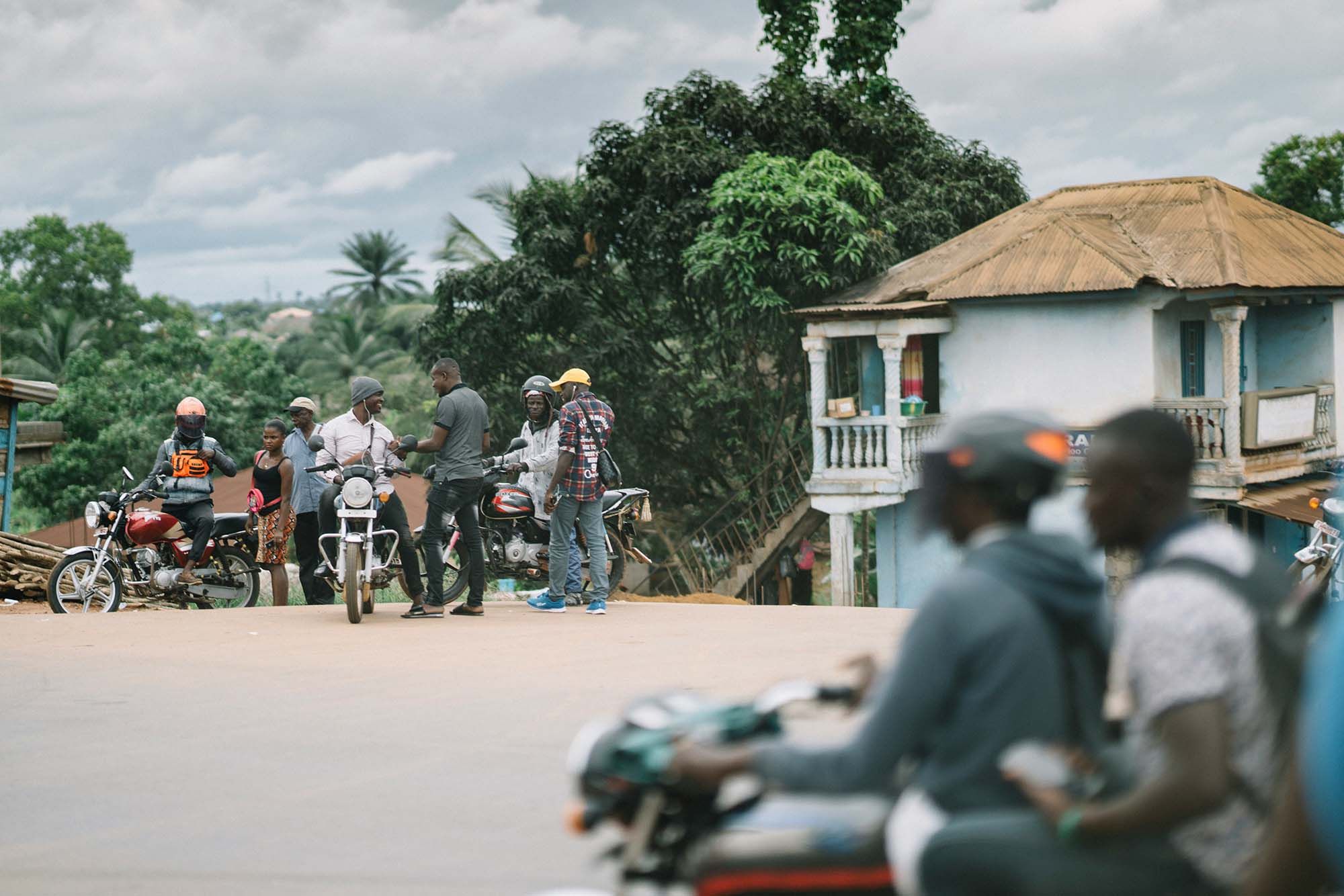
Investment Outlook and Recommendations
Sierra Leone offers investment opportunities primarily tied to natural resources and basic needs of a growing population. Mining (iron ore, diamonds, bauxite, rutile) attracts major foreign investment but depends on global prices. Agriculture holds massive potential for domestic/export markets (cocoa, coffee, palm oil, fish/seafood). Infrastructure development (energy, transport, telecom) is critically needed and offers opportunities, often with international financial backing. Tourism has long-term potential due to beaches/nature but requires infrastructure/security investments.
Key recommendations for investors:
- Conduct thorough market research and due diligence (legal/political/reputational risks).
- Build reliable local relationships and government connections while strictly complying with anti-corruption laws.
- Partner with knowledgeable local consultants.
- Plan long-term investments accounting for high setup costs and delayed returns.
- Prioritize personnel/asset security and community social responsibility.
- Sierra Leone investments suit only risk-tolerant investors with deep African market understanding.
Sierra Leone is a land of contrasts where vast natural/human potential confronts poverty, weak institutions, and underdeveloped infrastructure. Obtaining Sierra Leonean citizenship or starting a business demands not just capital but courage, patience, adaptability, and readiness for challenging conditions. Opportunities exist in resources, agriculture, and infrastructure, but carry high risks. Success requires meticulous planning, local context understanding, reliable partnerships, and strict security measures. Sierra Leone is a challenge unsuitable for all, but for those who embrace it, offers unique experiences and potentially significant long-term prospects.

